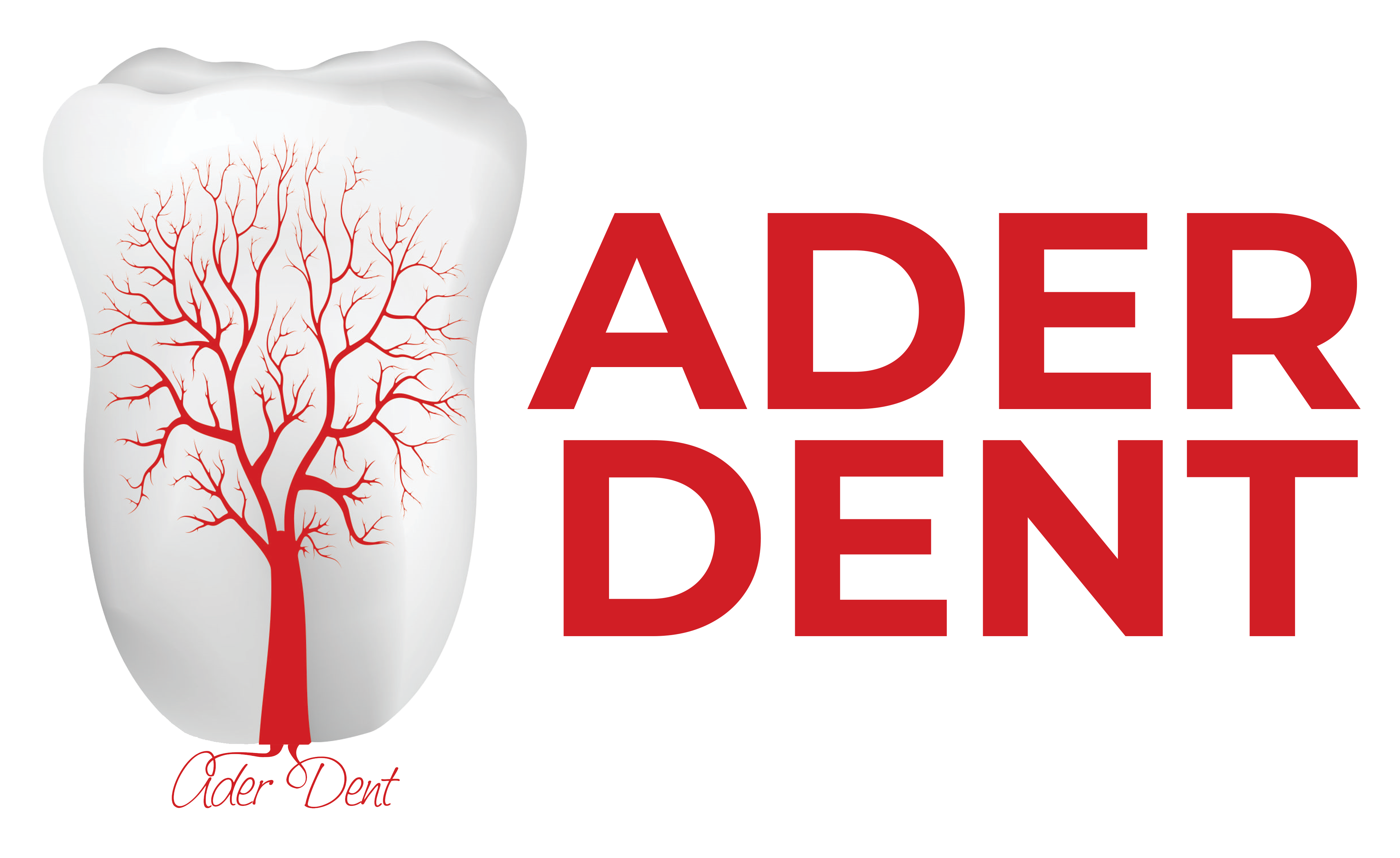Today, people are increasingly aware of the role teeth play in aesthetics, and the desire for straight, white, and natural-looking teeth has grown. The color of the teeth can affect a person's social and psychological well-being. Teeth whitening is a widely preferred aesthetic dental procedure used to address this concern.
Teeth Whitening Istanbul, Turkey
Teeth whitening is a cosmetic dental procedure designed to lighten the color of natural teeth and remove stains caused by various factors. It is an option for patients who want to improve their smile quickly or make subtle color changes without undergoing more extensive treatments like veneers.
Over time, teeth can become discolored due to aging, dietary habits, certain medications, or genetic factors. Smoking is another common contributor to tooth staining, making whitening treatments particularly relevant for smokers. There are multiple methods available to whiten teeth, including over-the-counter products, professionally supervised at-home kits, LED-based treatments, and in-office laser or bleaching procedures.
Even at-home whitening kits should be used under professional guidance. A dental examination before treatment is recommended, as whitening can sometimes cause temporary sensitivity, especially in individuals with already sensitive teeth.
In professional in-office whitening, the quality of materials and the technology used are essential for achieving effective results. The procedure involves applying a bleaching agent to the teeth and activating it with specialized light technology. While the process is straightforward, it requires careful application by a trained dentist to protect the gums and soft tissues and ensure even, safe whitening across all teeth.
Teeth whitening provides a minimally invasive way to enhance the appearance of your natural teeth, and the results can be customized according to the patient’s desired level of brightness and dental condition.
What Is Teeth Whitening?
Teeth whitening is an oxidation process applied to improve the appearance of discolored teeth over time. Through this method, both intrinsic and extrinsic stains can be eliminated, allowing teeth to return to their natural color or a lighter shade chosen by the patient. Teeth whitening holds a significant place in aesthetic dentistry and requires an accurate diagnosis, appropriate patient selection, the right technique, and careful planning for successful results.
Types of Teeth Whitening Treatments in Turkey
In Istanbul, Turkey, teeth whitening treatments are offered dental clinics using several methods:
-
In-Office Teeth Whitening:
High-concentration bleaching gels are applied directly to the teeth by a trained dentist. Advanced light sources, such as LED or plasma lights, are sometimes used to accelerate the chemical reaction and improve results. This method provides fast, noticeable results and is suitable for patients who need significant whitening in a short period. -
Dentist-Supervised At-Home Whitening Kits:
Custom-made trays with professional-grade bleaching gel allow patients to whiten their teeth gradually at home. While slower than in-office treatments, at-home kits provide controlled whitening with lower risk of sensitivity. -
Laser or Advanced Light-Assisted Whitening:
Laser-assisted whitening combines professional bleaching agents with laser light to enhance the whitening effect.
Dental Health During Pregnancy
During pregnancy, increased levels of estrogen and progesterone hormones lead to hormonal changes that affect oral and dental health during pregnancy. These hormonal changes may cause bacterial plaque accumulation on the teeth and gums, and if oral hygiene is inadequate, the gums may become more sensitive. Teeth whitening is generally not recommended during pregnancy, as gum sensitivity may increase.
Post-Whitening Care Recommendations
There are a few important points to consider after undergoing a teeth whitening procedure:
- First 48 Hours: Teeth may be more sensitive following the procedure. Avoid excessively hot or cold foods and beverages.
- Preventing Re-Staining: Refrain from consuming stain-causing items such as tea, coffee, red wine, and tobacco.
- Oral Care: Regular brushing and flossing help maintain the results of the whitening treatment.
Causes of Tooth Discoloration
Tooth discoloration may result from internal or external factors:
- Extrinsic Stains: Discoloration on the outer surface of the teeth caused by inadequate oral hygiene, consumption of foods and beverages (such as tea, coffee, and tobacco), or dental materials. These stains can often be removed with toothpaste and other dental care products.
- Intrinsic Stains: Internal discoloration caused by genetics, medication use (particularly tetracycline), excessive fluoride intake, trauma, or certain medical conditions. These types of stains may not be completely removed through whitening.
When Is Teeth Whitening Appropriate?
- Yellow or yellow-brown stained teeth
- Mild yellow and gray tetracycline stains
- Fluorosis-stained teeth with intact enamel
- Pink-brown porphyria stains
- Uniform, smooth surface discoloration
- Discolored, non-vital teeth before veneer crown application
- Dark teeth before composite resin restoration
When Is Teeth Whitening Not Recommended?
- Teeth with excessively large pulp chambers
- Patients with tooth sensitivity due to various reasons
- Teeth with significant enamel loss
- Teeth with numerous or extensive restorations
- Pregnant or breastfeeding individuals
- Individuals allergic to peroxide or latex
- Patients with unrealistic expectations, impatience, or poor compliance
- Those with alcohol or tobacco dependency
How Long Do Teeth Whitening Results Last?
The longevity of teeth whitening results depends on the individual's lifestyle, oral hygiene habits, and diet. Typically, the effects last between 6 months to 2 years. However, habits such as smoking, frequent coffee or tea consumption, or drinking red wine can cause stains to reappear more quickly.
Inadequate oral hygiene and lack of regular dental cleanings may also negatively impact the longevity of the results. Regular dental check-ups and professional cleanings can help preserve whitened teeth. In some cases, short touch-up sessions once a year are recommended to maintain results.
Is Teeth Whitening Suitable for Everyone?
Teeth whitening is not suitable for everyone. It should not be performed on pregnant or breastfeeding women, children (generally under the age of 16), or individuals with gum disease or oral infections. It should also be used with caution in people with extreme tooth sensitivity or enamel erosion.
Fillings, crowns, or other restorations do not respond to whitening, which can result in color mismatch between natural teeth and restorations after the procedure. Therefore, a thorough dental examination and assessment by a dentist are essential before whitening. The dentist will recommend the most appropriate whitening method or alternative solutions based on the patient's oral health, tooth structure, and expectations.


 TR
TR







